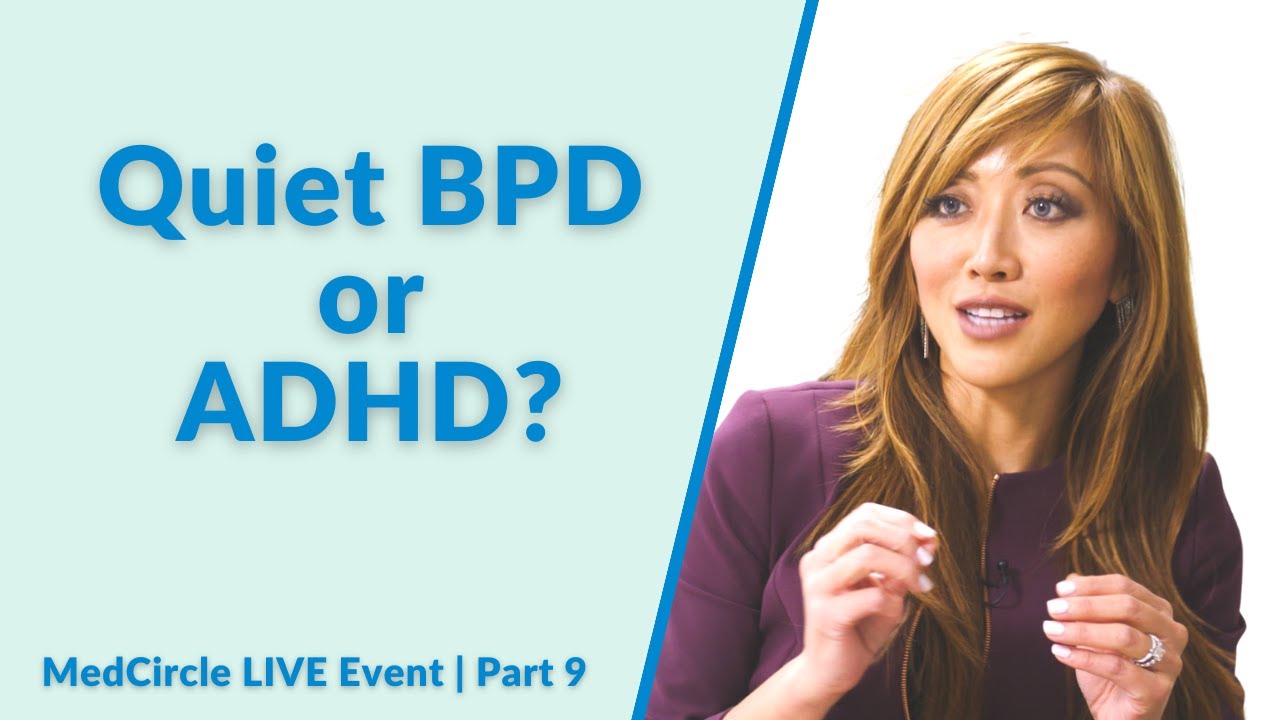Why Stimulant Medication Helps ADHD -- and How Stigma Can Hurt
Summary
TLDRIn this video, the stigma surrounding stimulant medication for ADHD is discussed during ADHD Awareness Month. The script addresses the societal disapproval and misconceptions about ADHD treatments, highlighting the importance of medication as a first-line therapy. It features Dr. Carolyn Lentzsch-Parcells, a pediatrician with ADHD, who clarifies myths about stimulants, emphasizing their role in managing dopamine levels for better brain function. The video encourages viewers to educate themselves on ADHD treatment and to share personal stories to reduce stigma, promoting a more informed and compassionate approach to ADHD management.
Takeaways
- 🌟 October is recognized as ADHD Awareness Month, highlighting the importance of understanding and addressing ADHD.
- 💊 Stimulant medication is a first-line treatment for ADHD, despite the societal stigma that often accompanies its use.
- 🏥 The stigma against stimulant medication is rooted in misconceptions and is often perpetuated by media and social narratives.
- 🧠 ADHD is a neurological condition that affects neurotransmitters like dopamine and norepinephrine, which play a role in focus and impulse control.
- 👨⚕️ Dr. Carolyn Lentzsch-Parcells, a pediatrician with ADHD, explains that medication can be a critical part of an ADHD treatment plan, enhancing brain function and skill utilization.
- 🚫 The fear of stimulants being addictive is a common myth; when used properly under medical guidance, the risk of addiction is very low.
- 🛑 Untreated ADHD can lead to higher risks of substance abuse as individuals may self-medicate to cope with symptoms.
- 🌱 Treatment of ADHD with medication, combined with behavioral interventions, can significantly improve mental and physical health outcomes.
- 👨👩👧👦 Parenting a child with ADHD requires different strategies than parenting neurotypical children, and medication can be a valuable tool in managing the condition.
- 💪 Advocating for oneself or a child's ADHD treatment needs is not a failure but an act of self-care and responsible parenting.
- 📚 Educating oneself on ADHD and its treatment options is essential in breaking down stigma and making informed decisions about care.
Q & A
Why is stimulant medication considered a first-line treatment for ADHD?
-Stimulant medication is considered a first-line treatment for ADHD because it helps increase dopamine levels in the brain, which can improve focus, decrease impulsivity, and enhance the ability to utilize skills effectively.
What is stigma according to the Cambridge Dictionary?
-Stigma, according to the Cambridge Dictionary, is a strong feeling of disapproval that most people in a society have about something, especially when this is unfair.
Why do people often feel shame when using stimulant medication for ADHD?
-People often feel shame when using stimulant medication for ADHD due to the intense stigma against it, which is fueled by misleading messages in the media and social media that portray it negatively.
How does the stigma surrounding stimulant medication affect treatment decisions?
-The stigma surrounding stimulant medication can lead people to make treatment decisions based on societal disapproval rather than what is optimal for their or their child's condition, sometimes resulting in less effective treatment methods being chosen.
What role do dopamine and norepinephrine play in ADHD?
-Dopamine and norepinephrine, two neurotransmitters in the brain, play a significant role in ADHD by affecting focus, impulsivity, and attention, which are common challenges faced by individuals with ADHD.
How does stimulant medication help with ADHD symptoms?
-Stimulant medication helps with ADHD symptoms by increasing dopamine levels in the brain, allowing for better neuronal communication, decreased impulsivity, and improved focus and attention.
What are some misconceptions about stimulant medications being addictive or habit-forming?
-A common misconception is that stimulant medications are addictive or habit-forming. However, when used properly under medical guidance, the risk of addiction and habit formation is very low.
Why are people with untreated ADHD at a higher risk of drug abuse?
-People with untreated ADHD are at a higher risk of drug abuse because they might self-medicate with substances like nicotine or THC to manage their ADHD symptoms, depression, and anxiety.
What are the benefits of optimal treatment of ADHD, including medication?
-Optimal treatment of ADHD, including medication, can lead to improved work and relationship performance, decreased accidents, reduced rates of depression, anxiety, and other mental health issues, and even improved physical health.
How does parenting a child with ADHD differ from parenting a neurotypical child?
-Parenting a child with ADHD differs from parenting a neurotypical child because it often requires different strategies and approaches to manage the unique challenges presented by ADHD, and there may be a need for medication or other specialized treatments.
What is the message the speaker wants to convey about seeking treatment for ADHD?
-The speaker wants to convey that seeking treatment for ADHD, including the use of stimulant medication, is not a failure but a necessary step in taking care of oneself or one's child, and that there should be no shame in advocating for appropriate care.
Outlines

This section is available to paid users only. Please upgrade to access this part.
Upgrade NowMindmap

This section is available to paid users only. Please upgrade to access this part.
Upgrade NowKeywords

This section is available to paid users only. Please upgrade to access this part.
Upgrade NowHighlights

This section is available to paid users only. Please upgrade to access this part.
Upgrade NowTranscripts

This section is available to paid users only. Please upgrade to access this part.
Upgrade NowBrowse More Related Video

Psychiatrist Tells The Truth About Adderall & ADHD Meds

La mente ADHD

The “devastating” findings of a decades-long ADHD study | Hyperfocus

I Took ADHD Medication For The First Time | My ADHD medication before and after experience

Attention deficit hyperactivity disorder (ADHD/ADD) - causes, symptoms & pathology

ADHD or Quiet Borderline Personality Disorder? [Overlap & Differences]
5.0 / 5 (0 votes)